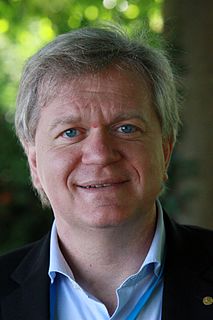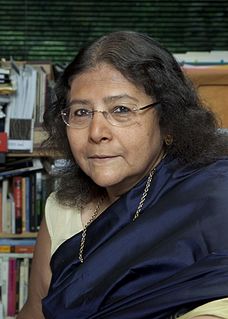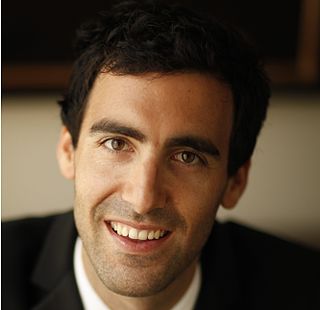A Quote by Robert Caro
My predictions are notably inaccurate.
Quote Topics
Related Quotes
I have been a biologist for a long time, and I hope I never stop getting shivers in my spine when I think about the beauty of how we come to know things in biology. Biologists make predictions, then they go out into the field or the lab to see if their predictions hold up. When hundreds of predictions of this sort are fulfilled, a theory reaches the point where it becomes certain, at least on a broad level. And that is where we are with evolution.
Climate change is there as a reminder that we can get richer and safer societies that are also consuming more and more to the point where the stability of Earth's systems is being challenged at potentially catastrophic levels. I don't think we can stop that. Just the very same worries I have about prediction on the positive progressive side - I mean, predictions that say we'll be great, we'll be fine - also apply to predictions that are too catastrophic. I'm not sure we get those predictions right either.




































